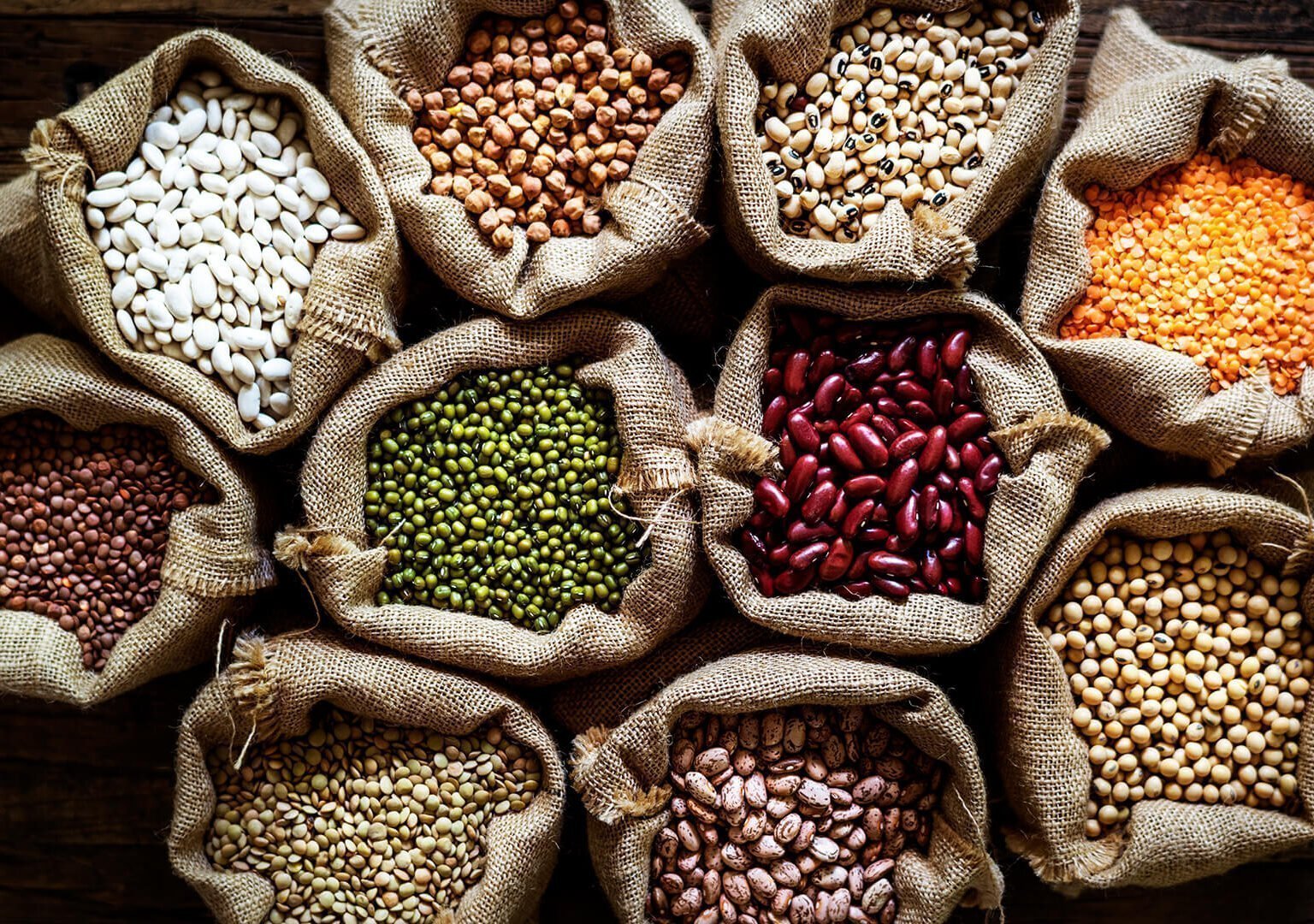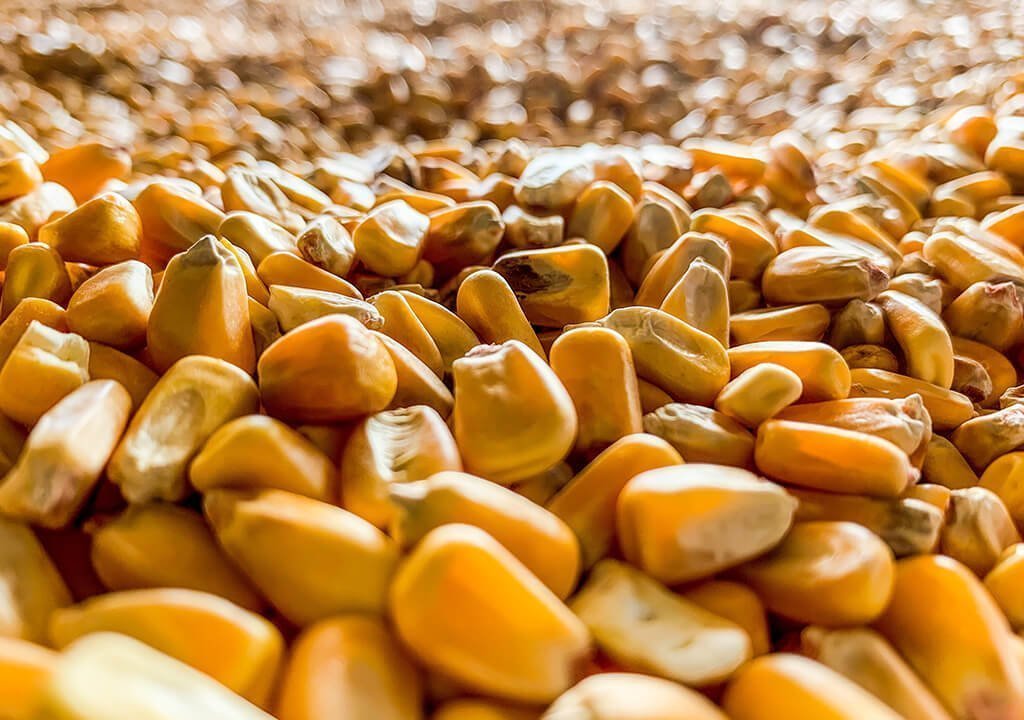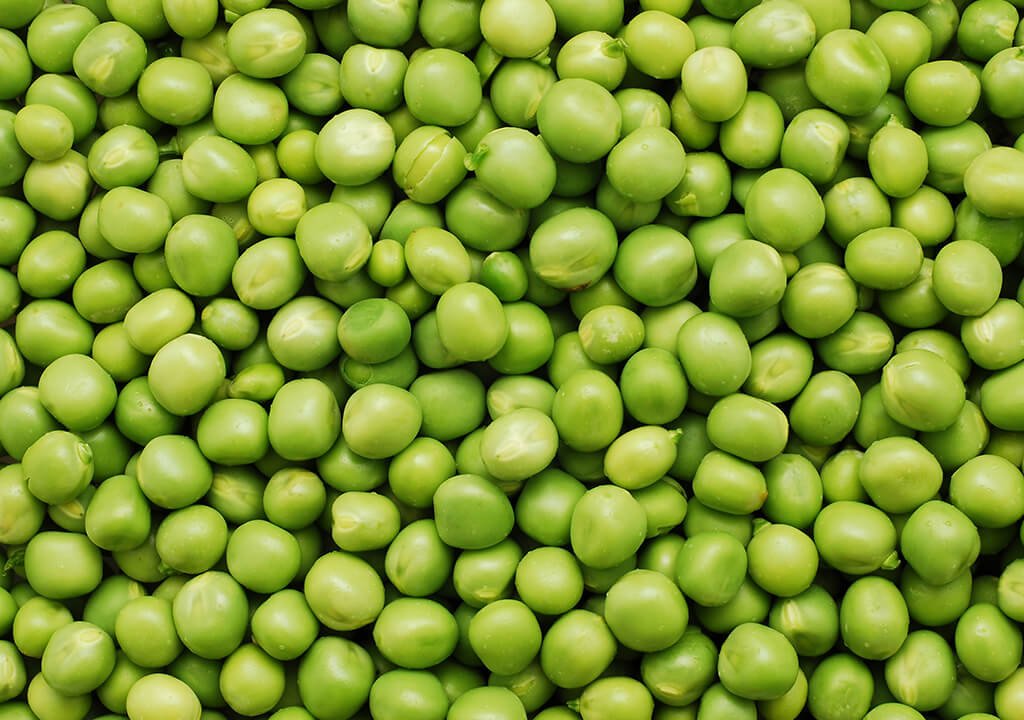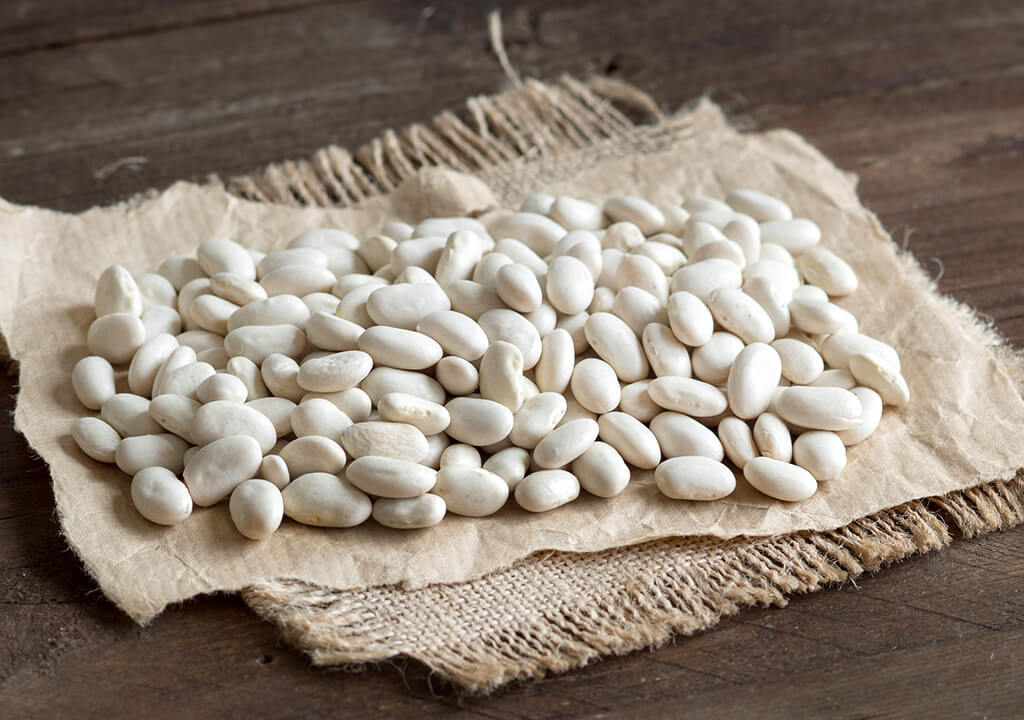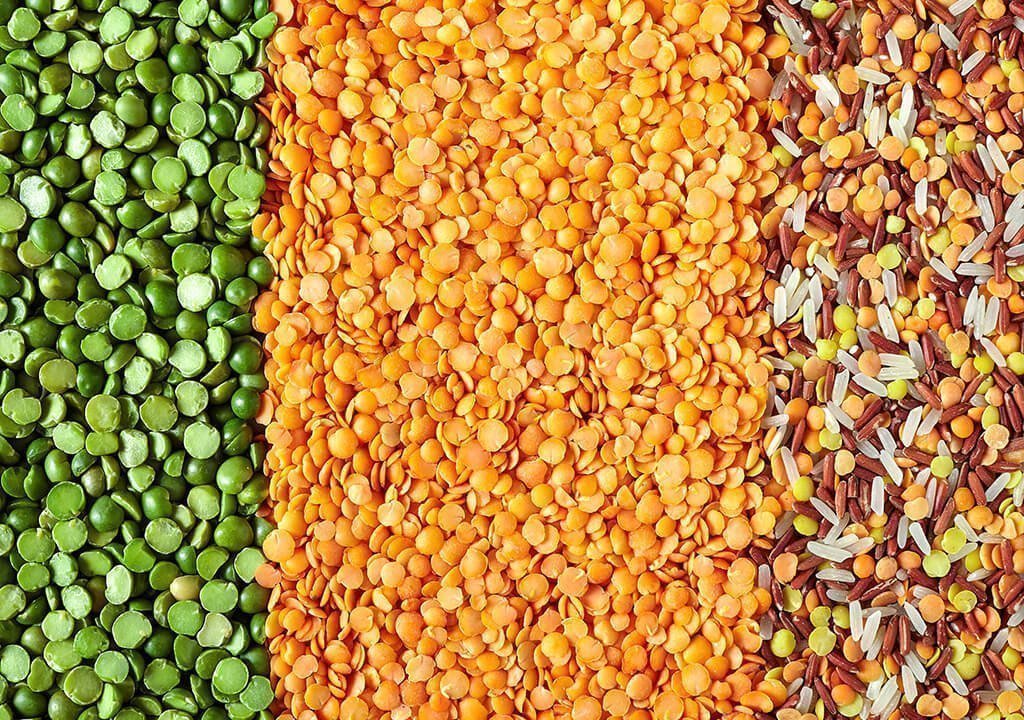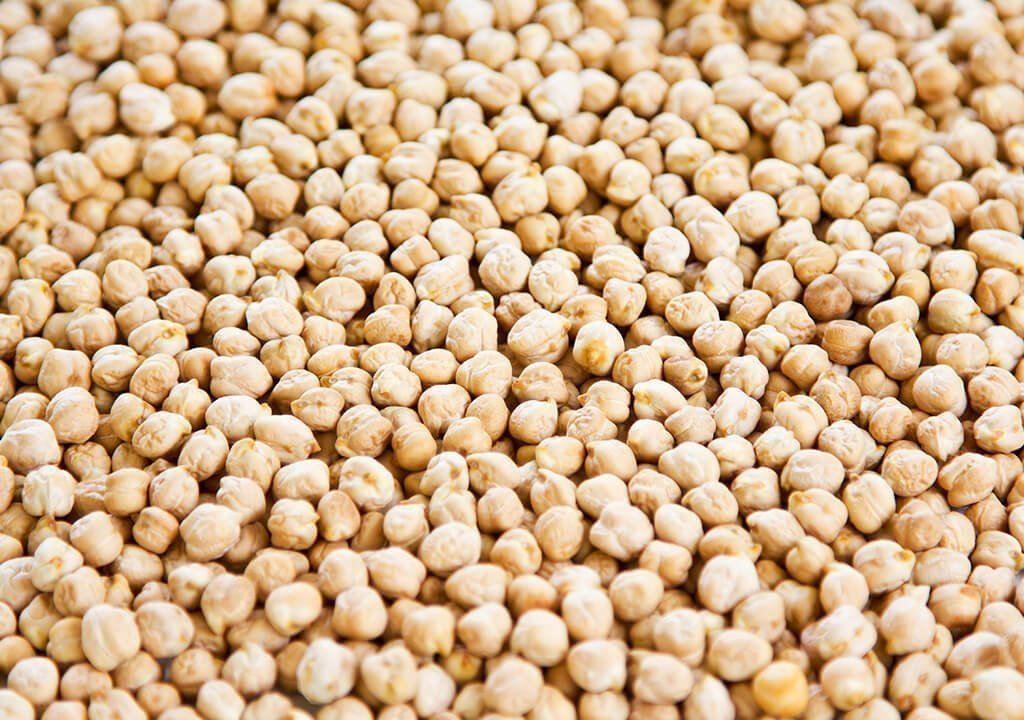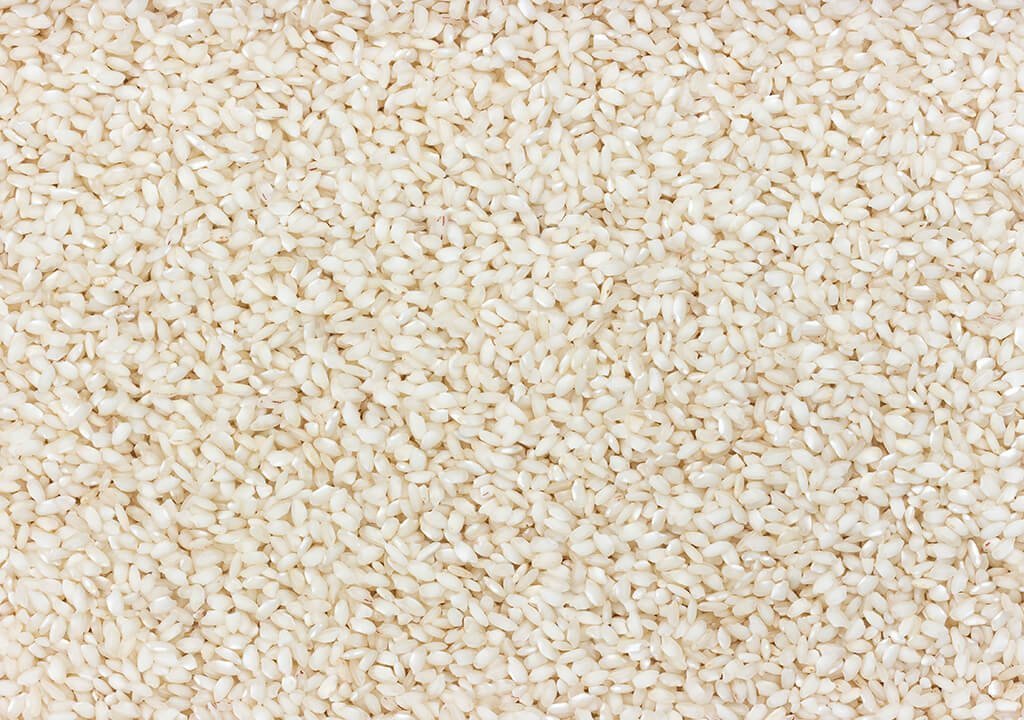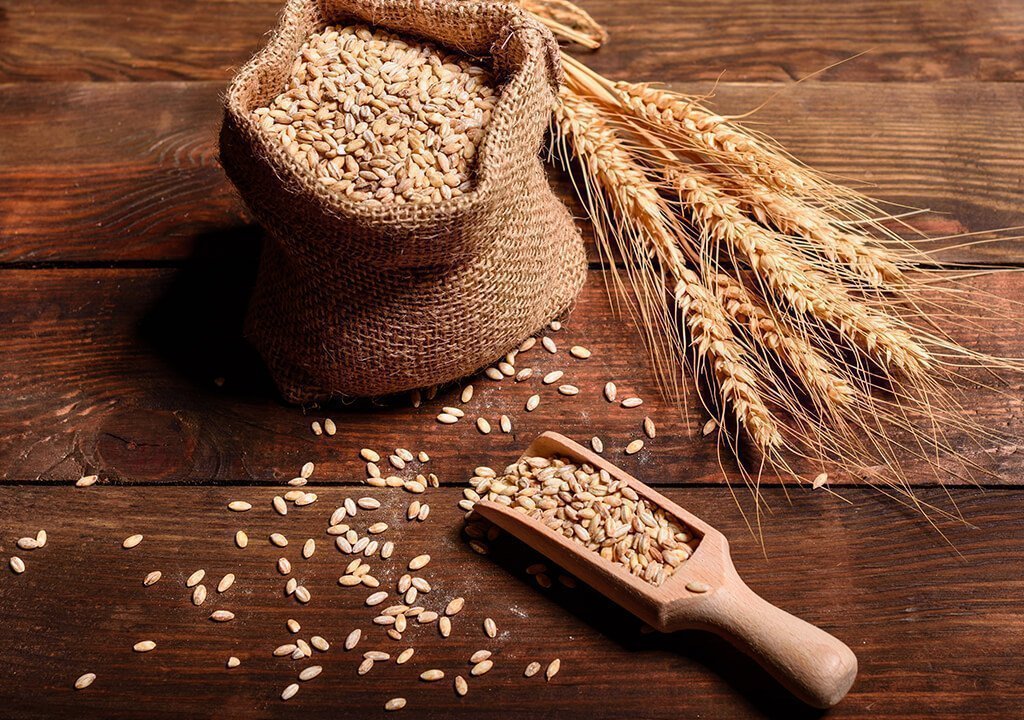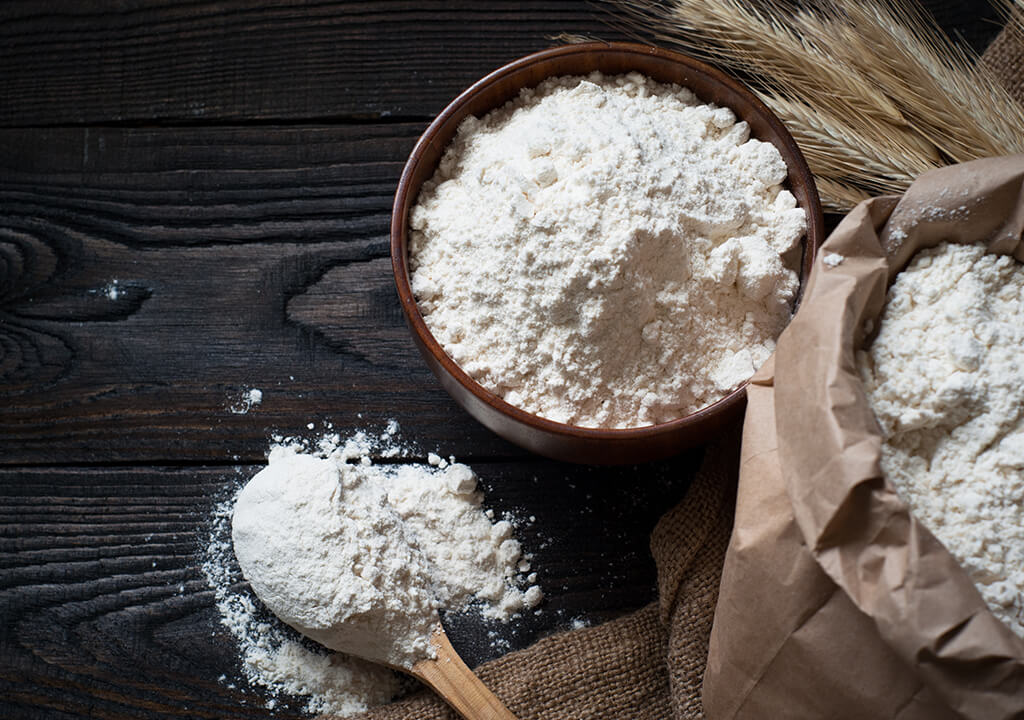Legumes are fruits or seeds of a family of plants called Fabaceae. It is consumed in abundance throughout the world and is a rich source of fiber and B vitamins. Vegetarian can replace meat as a source of protein. Legumes have a number of health benefits, including lowering cholesterol, lowering blood sugar levels, and boosting healthy gut bacteria.
Flour
It is grains and other nutrients that are ground to a powdery state. The product obtained from the homogeneous parts of the grains contained in their endosperms by grinding, sifting the grains of cereals is called Flour.
Wheat
Wheat, which is a member of the wheat family, is a monoecious plant that has been cultivated all over the world. In our country, Çukurova grows in the Central Anatolia, Southeastern Anatolia and Eastern Anatolia regions. Wheat is one of the main nutrients involved in the production of flour and feed.
Rice
Rice is a food rich in starch, which gives energy with the amount of calories it contains. Rice, which contains vitamins B1, B2, C and E, also contains minerals that have a serious impact on health, such as sodium, potassium, calcium, magnesium, iron and zinc. Rice loses its nutritional value if it is separated from the husks.
Chickpeas
Chickpeas are the richest member of the Legume family in terms of protein. Chickpeas, which are among the first foods that come to mind when it comes to a balanced and healthy diet, support the body in winter with the vitamins contained in it, as well as meet the body’s protein needs decently. In cold weather, its consumption increases the body’s resistance and even struggles with aging. Because it is very rich in vitamin E.
Lentil
Lentils are a legume that is usually used in cooking. It contains a rich starch and vegetable proteins. Its grains are dried and used as dry legumes, and its green parts are used as animal feed. Yesilmaz Thanks to the nitrogen and ferrous minerals contained in it, its nutritional value is quite high.

